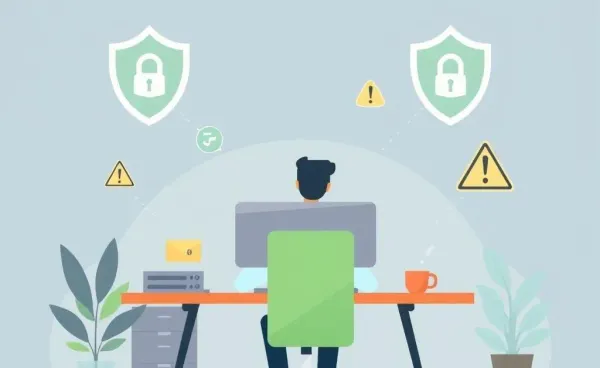Navigating the Legal Jungle: What You Need to Know Before Starting Your Business
Learn the essentials to legally start your business safely and avoid common pitfalls.

Thinking of starting your own business can often feel like standing at the edge of an unknown jungle, machete in hand, with no real path in sight. The allure of being your own boss is undeniable, but before you jump headfirst, there are a few legal ins and outs you need to familiarize yourself with.
Why Legal Setup is Crucial for Your Startup
When I first started my own business, I naively underestimated the importance of early legal structure. It isn't just about compliance; it lays the groundwork for a stable operation and shields you from potential liabilities in the future. Let's break it down.
- Protecting Your Personal Assets: Choosing the right business entity is essential. Whether you opt for an LLC or a Corporation, this decision affects how your personal assets are protected from business liabilities.
- Tax Efficiency: The right structure can save you money on taxes and increase your company's profitability. Research or consult to pick the best option for your business type and expected revenue.
- Ensuring Compliance: Every industry has specific regulations. Ignorance isn't bliss here – failure to adhere can result in hefty fines or even closure.
Common Legal Pitfalls to Avoid
We've all heard horror stories of startups facing dramatic legal issues right out of the gate. Here are some common traps and how you can steer clear of them:
Neglecting Contracts and Agreements
Often overlooked in the excitement of getting started, contracts are your best friend. They legally bind agreements with partners, clients, and vendors. Without them, misunderstandings can morph into legal battles.
Overlooking Intellectual Property
Your brand name, logo, or a unique product design can be protected under intellectual property law. A surprising number of new businesses miss out on this, only to face copycats down the line.
Starting Without Licenses or Permits
Ensure you're allowed to operate legally by securing all necessary licenses and permits pertaining to your industry and location. Websites such as SBA.gov can provide a comprehensive list of what's required for your specific business.
Simple Steps to Get Legally Started
Feeling a bit anxious about the whole process? Don't worry; start small.
- First, determine your business structure and register it. Consider consulting with a legal advisor to choose the best option.
- Next, apply for an Employer Identification Number (EIN) with the IRS. This number is crucial for tax purposes and setting up a business bank account.
- Ensure you have necessary contracts tailored to your operational needs; these could include employee agreements, NDAs, or service contracts.
- Protect your brand name and logo by filing for a trademark. This moves quickly, and online resources can guide you through.
Wrapping It Up: Stay Ahead
Starting a business is both exhilarating and challenging, with legal aspects being a critical component of your success. By taking mindful steps early on, you can avoid the common pitfalls that befall many startups. What legal steps do you find most daunting in starting a business? Share your thoughts in the comments!




